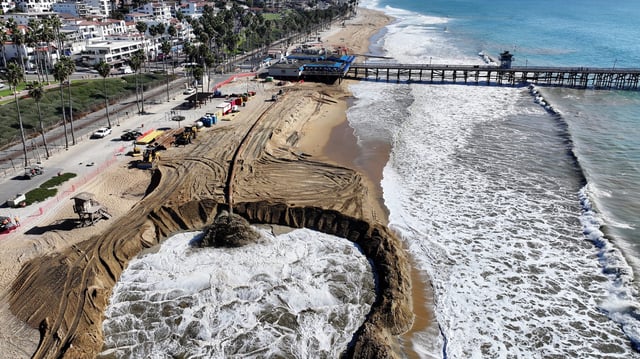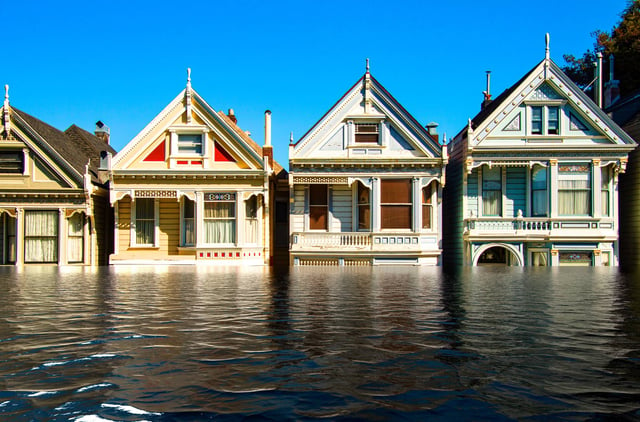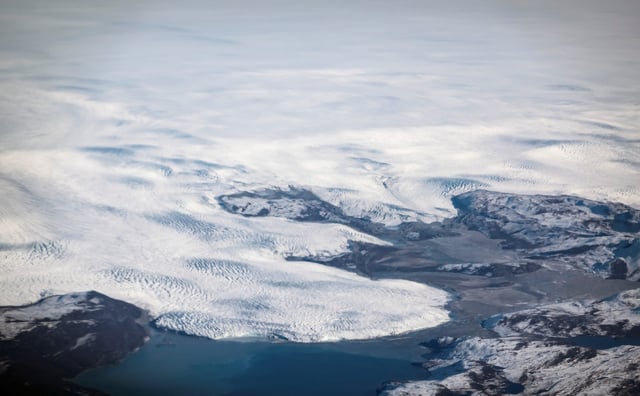Overview
- Greenland and Antarctic ice sheet melting has quadrupled since the 1990s, now losing 370 billion metric tons annually.
- Ice sheet melt has surpassed thermal expansion as the leading driver of global sea-level rise, projected to increase by 1 cm per year by 2100 under a 1.5°C warming scenario.
- Researchers warn that adaptation to such rapid sea-level rise is becoming unrealistic, particularly for low-income coastal regions, risking widespread displacement and economic losses.
- The study highlights that 230 million people live less than 1 meter above sea level, with 20 cm of rise by 2050 potentially causing over $1 trillion in annual flood damage in major cities.
- Experts stress the need for limiting warming to 1°C, as the current 1.5°C threshold is already too high to prevent significant ice sheet losses and long-term coastal impacts.



